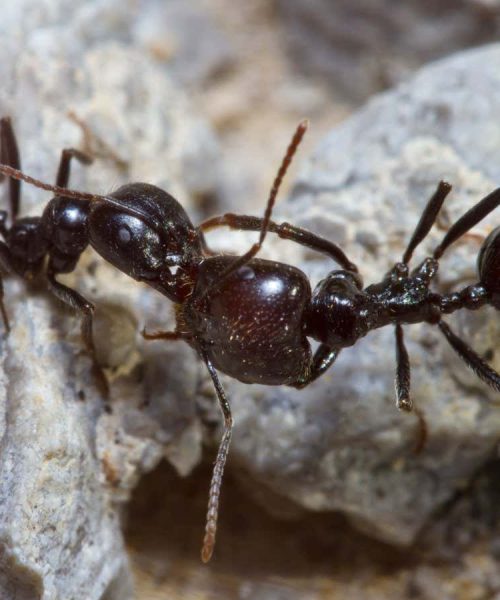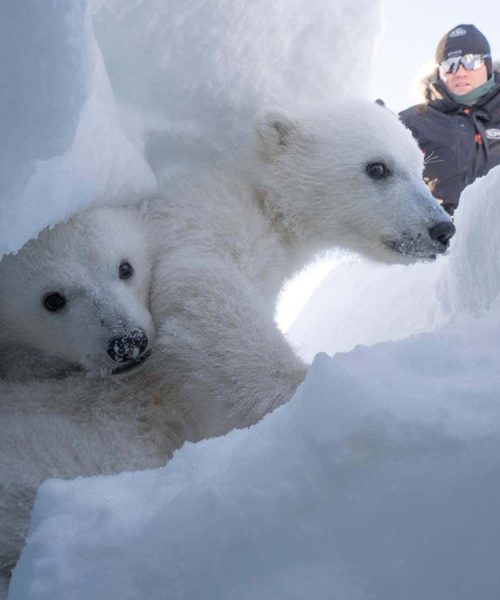
A humpback whale breaching
Zack Metcalfe
Human musicians must practise for thousands of hours to perfect their performance skills, and the same may be true for humpback whales.
It is widely believed that male humpbacks (Megaptera novaeangliae) sing to attract mates, but zoologists have recently come to realise that they also sing at high-latitude feeding grounds, months before they migrate to the low-latitude breeding grounds where they pair up with a mate.
Advertisement
“We’re drowning in song,” says Erin Wall at the Raincoast Conservation Foundation, a non-profit group based in British Columbia, Canada. Since September 2023, she has been using a network of 17 underwater microphones on the province’s Pacific coast to record and scrutinise the songs of feeding males through summer and autumn. These males migrate to Hawaii and Mexico for the breeding season in winter and spring.
She observed, in her fieldwork and two years of recordings, that song is very rare in summer, presumably because males are busy eating. But then, song begins to “ramp up”, beginning with short, playful fragments 3 to 4 minutes long in September and getting longer throughout the season.
By December, the songs have extended to 10 to 20 minutes. This is consistent with what little research exists on feeding grounds elsewhere in the northern hemisphere, namely Atlantic Canada.
“I think this is when they’re learning the song they’ll eventually perform on their breeding grounds,” says Wall.
Her research suggests that, after a summer hiatus, males slowly reconstruct their song from the previous breeding season, in anticipation of the next. And since all males in a population sing essentially the same song, with the odd personal flourish, she expects this reconstruction effort in the feeding grounds is, in a sense, collaborative. In essence, she says, they are practising.
Apart from the songs getting longer, Wall has also noticed a progression in song structure as the season wears on. “Early in the season, there’s a lot more entropy, I would say. A lot more variability,” she says. “Then, as you get later in the fall, these very clear themes emerge, where you have these repeated phrases becoming more and more frequent, more stereotyped.”
Wall presented her preliminary findings at the Society for Marine Mammalogy conference in Perth, Australia, in November and hopes to publish them soon.
Despite many decades of research, we are still not exactly sure why humpbacks sing at all. “It seems the more we learn, the less likely our early ideas are correct,” says Jim Darling, a zoologist at Whale Trust Maui in Hawaii, who studies whale song across the North Pacific.
In spite of its enduring popularity, Darling says the idea that males sing to attract females has never squared with observation. He has spent time with hundreds of males supposedly serenading surrounding waters, and the only companions they ever attracted were other males, coming together for brief duets before parting ways. If a female is in the presence of a singing male, it is generally because he approached her, at which point she is liable to swim away mid-performance.
Wall’s hypothesis seems viable and intriguing, says Darling. “There’s a lot not known about song and singing behaviour, and this is especially true [on feeding grounds], so the canvas, so to speak, is wide open, and any hypothesis – as long as this term is emphasised – which may account for observations is, in my view, legit.”
Topics:





